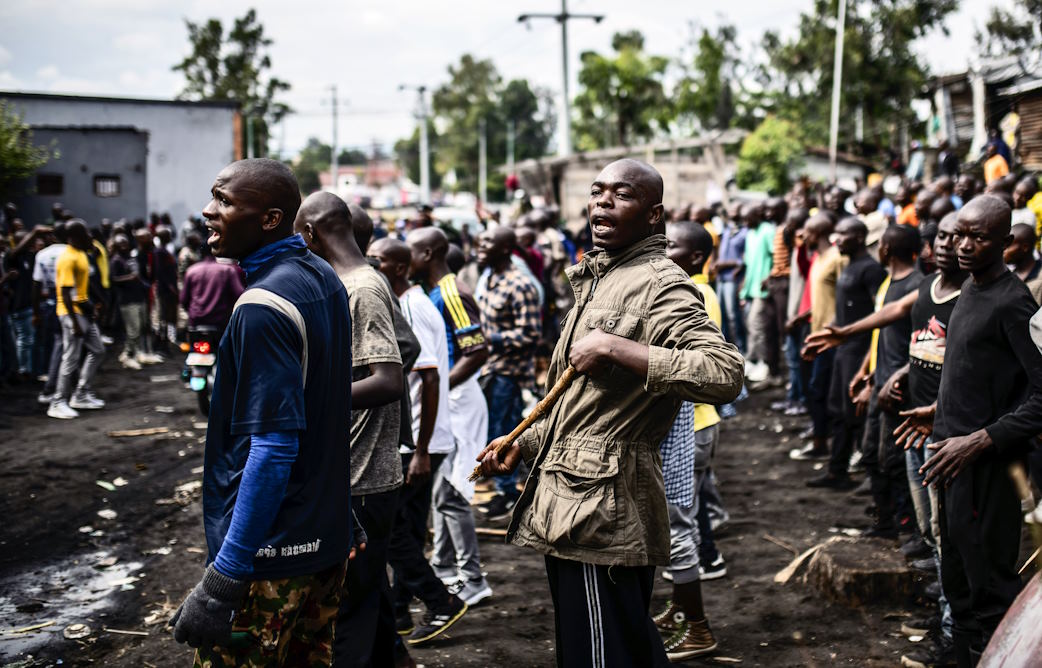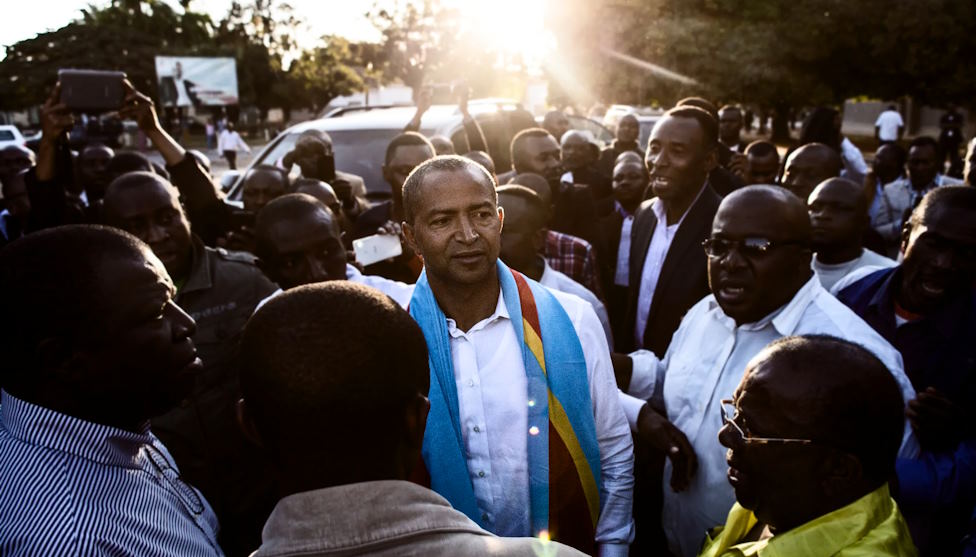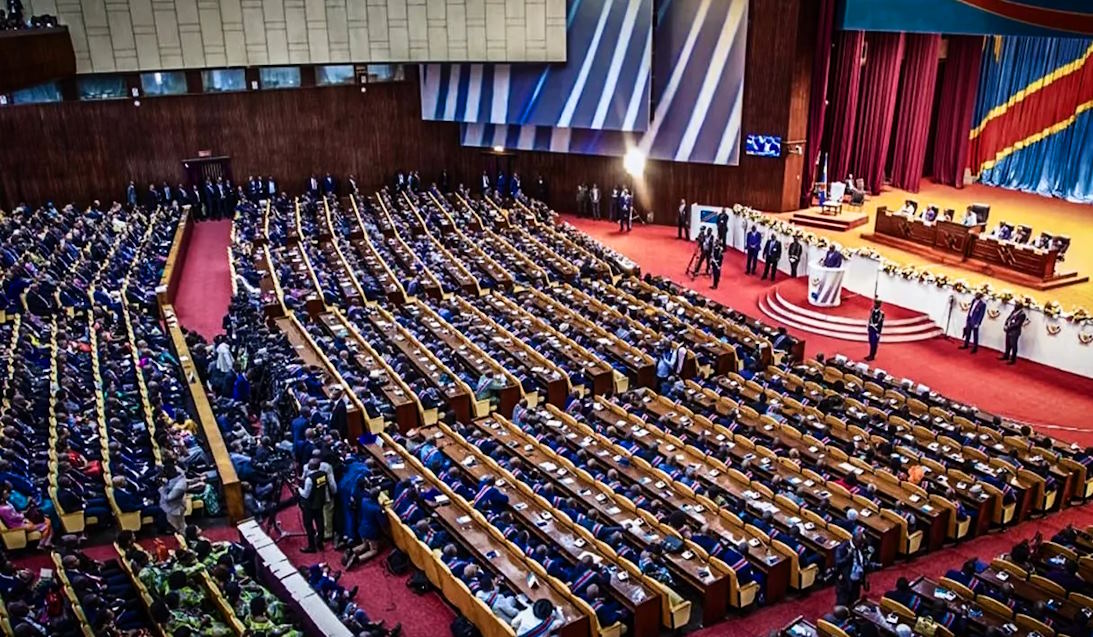The manipulation of the electoral process by the top political leaders played the main role in the paralyzed nature of the political system in the Democratic Republic of Congo. Residents are unable to freely exercise their basic civil liberties. Physical security in the nation is questionable as the violence and human rights abuses by government forces, armed rebel groups, and militias from around the nation. The latest news for navigating the intricacies of Congo’s political terrain guides you as expected. You can concentrate on the most important developments and get complete assistance.

The political landscape in the DRC
The President of DRC reformed the membership of the commission namely the Independent National Electoral Commission. It allocates seats for the ruling coalition, civil society groups, and the opposition. Ruling party members outnumber representatives of civil society. Civil society groups condemned this move because an effort to secure control of the body and influence elections. The President of DRC declared a state of siege in North Kivu and Ituri provinces. It replaced all the civil authorities with military personnel. It is helpful to combat armed groups and return the overall areas affected by the violence to the control of the central government.
The President is chief of state and elected for two 5-year terms for a maximum. However, the Prime Minister is the head of government and appointed by the President. Though the president was declared president in 2019, former president Joseph Kabila stayed in his position as the Constitutional Court let him stay in office until his successor was elected. You may wish for delving into the dynamics shaping Congo’s political realm today. The DRC has a bicameral national legislature. It includes a 500-seat National Assembly elected directly for 5-year terms. There is a 108-seat Senate. However, it is elected by provincial assemblies. The 715 provincial legislators of the DRC elect national senators and provincial governors. Senators must hold a 5-year mandate. There are 8 Senate seats reserved for customary chiefs.

Keep up-to-date with the politics
All beginners to the political landscape of the DRC wish to know about the complete power structures first. They can explore the content deciphering the power structures within Congo’s political landscape at this time. Residents have the complete right to organize political parties. These political parties are willing to participate in elections and win. However, the majority of these parties lack national reach due to their nature of limited function. The government supporters and opposition leaders are usually intimidated and face some restrictions on both movements and rights to campaigns.

